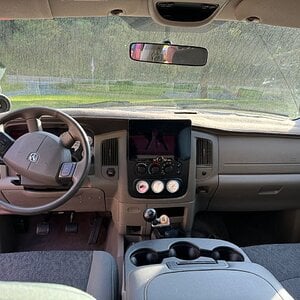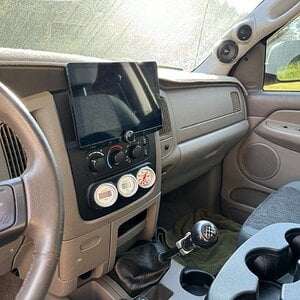ac19189
CarAudio.com Newbie
So I am running an aftermarket deck with two tens on a 600 watt amp. It works great no issues no popping or anything but I just had a light bar put in at a shop. The issue I am having is everything works like it should work but when I turn off the light bar I get a pop from my system I understand why the system volume jumps but I don't get why I have a pop the installer said the popping was normal considering the amount of power the bar is drawing but I just want advice to make sure that's the case.
The light bar is a 54" bar rigid its drawing 36 amps at around 1000 watts. It is wired directly into the battery on the hot side the ground is to the pillar of the truck. The amp for the subs is ran on a zero gauge wire from hot back to a distribution block where it has a short run to the amp then the grounding for that amp is also running zero gauge wire to the rear body of the truck cab to a distribution block as well. To answer it before people as I am planning on adding in more amp's the blocks seemed the less of a pain route.
The light bar is a 54" bar rigid its drawing 36 amps at around 1000 watts. It is wired directly into the battery on the hot side the ground is to the pillar of the truck. The amp for the subs is ran on a zero gauge wire from hot back to a distribution block where it has a short run to the amp then the grounding for that amp is also running zero gauge wire to the rear body of the truck cab to a distribution block as well. To answer it before people as I am planning on adding in more amp's the blocks seemed the less of a pain route.


